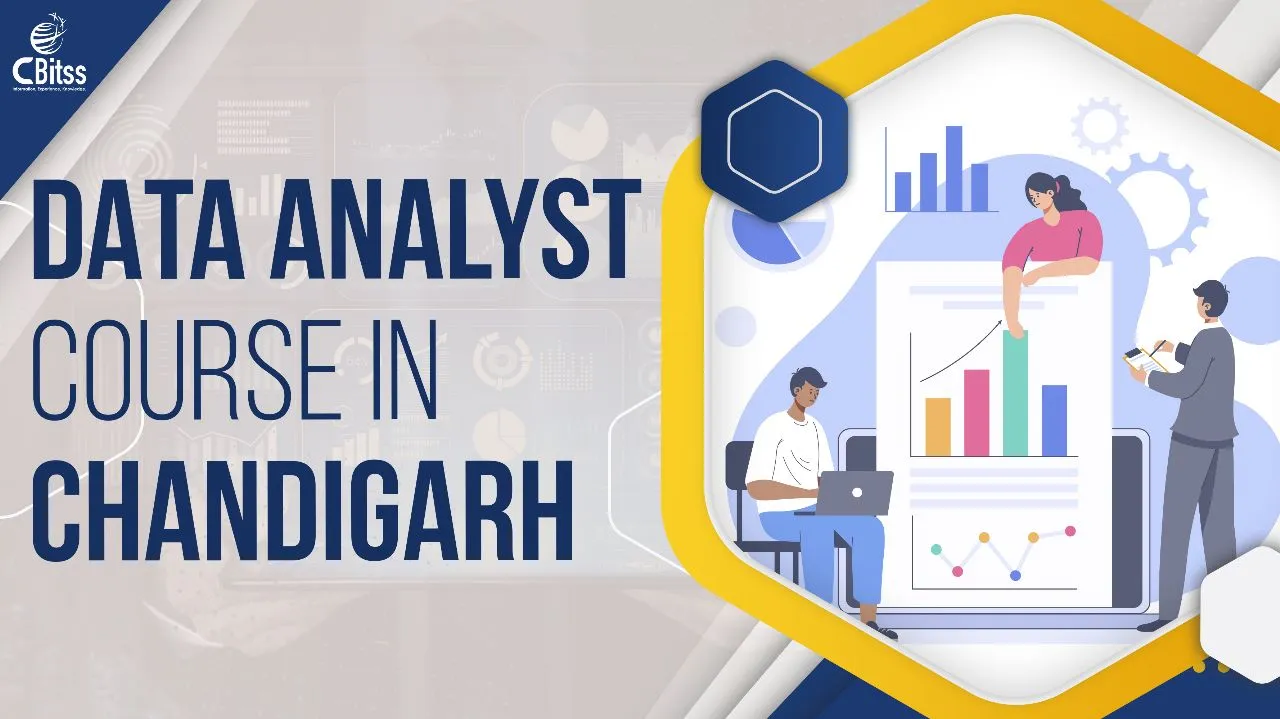What Is Data Analytics?
Data analytics refers to the process of examining, transforming, and interpreting large volumes of data to uncover meaningful insights, patterns, and trends. It involves applying various statistical, mathematical, and computational techniques to extract valuable information and support decision-making processes.
Data analytics can be categorized into different types:
Descriptive Analytics
Descriptive analytics focuses on summarizing and understanding historical data to provide insights into what has happened. It involves basic statistical measures, data visualization, and reporting techniques to describe and summarize data patterns and trends.
Diagnostic Analytics
Diagnostic analytics aims to understand why certain events or outcomes occurred by examining historical data in more detail. It involves advanced techniques such as data mining, drill-down analysis, and root cause analysis to identify the factors or variables that contributed to specific outcomes.
Predictive Analytics
Predictive analytics uses historical data and statistical modeling techniques to make predictions or forecasts about future events or outcomes. It involves algorithms like regression analysis, time series analysis, and machine learning to identify patterns and relationships in data and make informed predictions.
Prescriptive Analytics
Prescriptive analytics goes beyond predicting outcomes and focuses on providing recommendations or actions to optimize decision-making. It involves using optimization models, simulation techniques, and advanced algorithms to prescribe the best course of action based on data insights and business objectives.
Data analytics can be applied in various domains and industries, such as business, finance, healthcare, marketing, supply chain management, and more. It helps organizations make data-driven decisions, improve operational efficiency, enhance customer experiences, identify new opportunities, and gain a competitive advantage
Why is data analytics important?
Data analytics is important for several reasons:
Decision Making
Data analytics provides valuable insights that support informed decision-making. By analyzing data, organizations can identify trends, patterns, and correlations that guide strategic planning, operational improvements, and resource allocation. It helps businesses make data-driven decisions, reducing reliance on guesswork or intuition.
Efficiency and Productivity
Data analytics enables organizations to optimize processes, identify bottlenecks, and improve efficiency. By analyzing data, businesses can identify areas of improvement, streamline operations, and eliminate redundancies or inefficiencies. This leads to cost savings, improved productivity, and better resource utilization.
Customer Understanding
Data analytics helps organizations gain a deeper understanding of their customers. By analyzing customer data, businesses can identify preferences, behaviors, and needs, allowing them to personalize products, services, and marketing efforts. This leads to enhanced customer experiences, improved customer satisfaction, and increased customer loyalty.
Competitive Advantage
Data analytics provides a competitive edge by uncovering insights that competitors may not have. By leveraging data, organizations can identify market trends, competitor strategies, and customer demands, allowing them to make strategic moves ahead of the competition. Data analytics enables businesses to stay agile, innovate, and adapt to changing market dynamics.
Risk Management
Data analytics plays a crucial role in identifying and mitigating risks. By analyzing historical data and patterns, organizations can detect anomalies, predict potential risks, and implement proactive measures to mitigate them. This applies to various areas such as fraud detection, cybersecurity, supply chain management, and financial risk analysis.
Innovation and Research
Data analytics fuels innovation by uncovering new opportunities and insights. By analyzing data, organizations can identify gaps, emerging trends, and market needs, enabling them to develop innovative products, services, and business models. Data analytics also supports research and development efforts, providing data-driven insights for scientific studies and experiments.
If you required any then visit our website:- Data analyst course in Chandigarh



